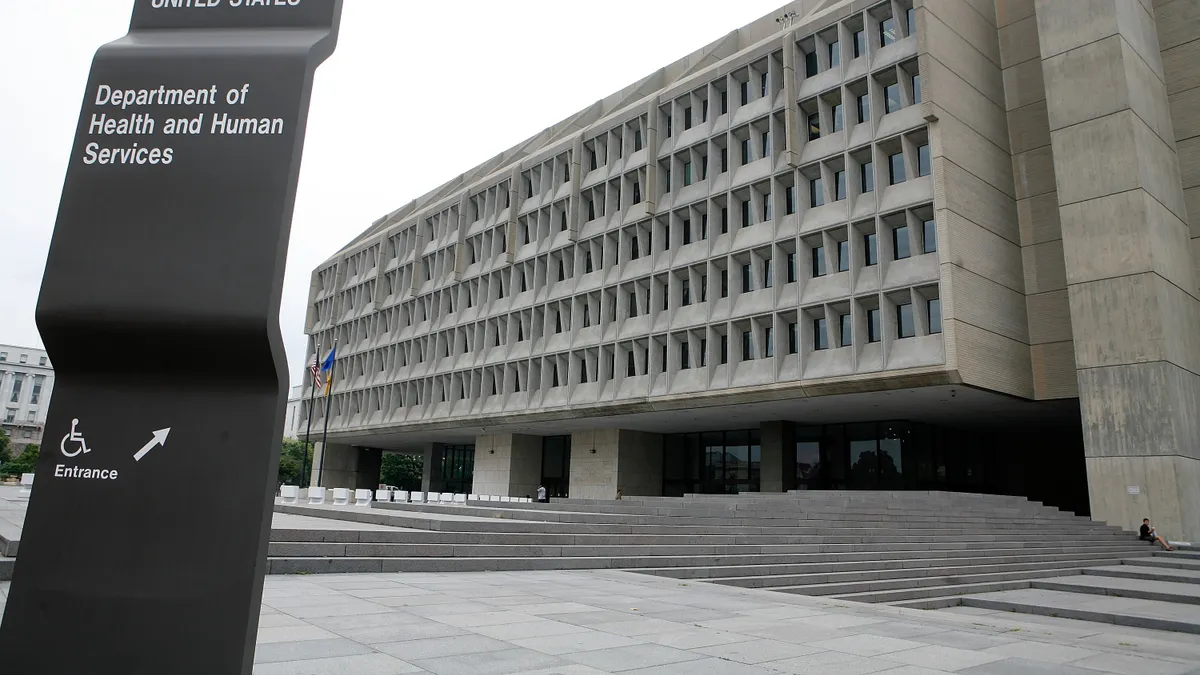Dive Brief:
-
HHS is seeking feedback to guide the implementation of electronic health record (EHR) reporting obligations created by the 21st Century Cures Act.
-
Cures tasks HHS with developing a reporting program that assesses characteristics of EHRs including interoperability and security.
-
Facing political pressure and resource constraints, the department has posed a series of questions to the industry to help it design suitable reporting criteria.
Dive Insight:
When Cures was enacted late in 2016, it tasked multiple federal agencies with changing their regulations. Some of the tasks fell within HHS' Office of the National Coordinator for Health Information Technology (ONC). Yet, more than 600 days after the enactment of Cures, the industry is still waiting for updates on some of the provisions. Progress may have been affected by an uncertain funding situation at ONC, which at one point looked set to lose one-third of its budget.
While the ONC could still see its budget slashed next year, for now its finances are holding steady and it is trying to get provisions created by the Cures Act moving forward. Key tasks for the organization include the creation of a reporting program that will assess characteristics of EHR systems, including whether they are interoperable.
To support the creation of the reporting program, the ONC has posed dozens of questions to the sector. The questions seek to gauge the industry's views on topics such as the merits of product integration as an assessment of interoperability,\ and what reporting criteria will show whether an EHR system meets users' security and privacy needs.
The publication of the request for information comes amid mounting political pressure on the ONC. Sens. Sheldon Whitehouse, D-R.I., and Bill Cassidy, D-La., put forward a legislative amendment requiring the Trump administration to update Congress on the progress of information blocking provisions of the Cures Act. The amendment was adopted as part of the Senate FY 2019 Labor-HHS appropriations bill Thursday night.
Trade group Health IT Now had thrown its weight behind the amendment, arguing "it is fitting that Congress would put oversight measures in place to ensure that the intent of 21st Century Cures is followed.'
Cures empowers HHS to investigate if companies are blocking the flow of information and thereby preventing interoperability. Companies can be fined $1 million per violation, but currently have limited insights into what practices will be classed as information blocking.












